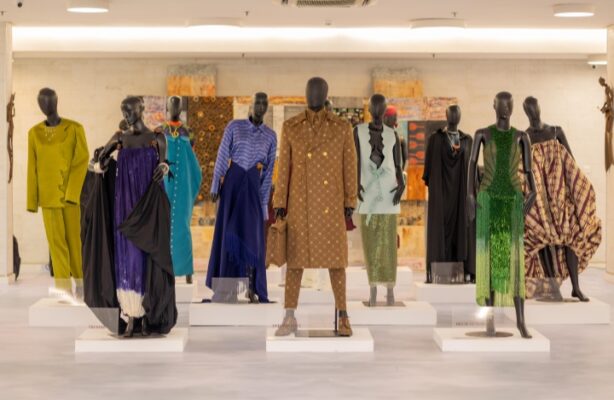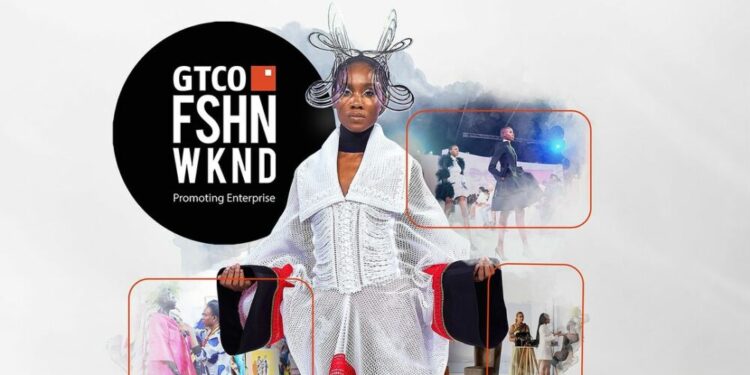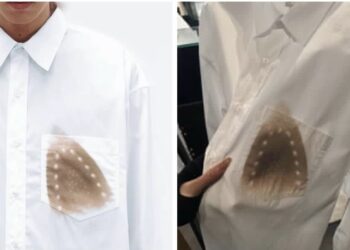Lagos, Nigeria— The air at the Federal Palace Hotel was charged with more than just creative energy; it hummed with the sound of a mature market at work. As the curtains close on the 8th edition of the GTCO Fashion Weekend, the verdict is undeniable: African fashion has graduated from a trend to a fully realized, self-sustaining global economy. This year’s fashion weekend, themed Fashion Is Freedom, was not merely a showcase of dazzling aesthetics; it was also a potent platform where artistic expression met rigorous enterprise, cementing Lagos’s position as a major commercial capital.
The GTCO Runway: A Study in Refined Power
If previous seasons were defined by discovery, this weekend was a masterclass in precision. South African brand Mmuso Maxwell set the tone with a collection of architectural tailoring in a palette of bone, charcoal, and clay—proving that minimalist restraint, when executed with such mastery over structure, speaks louder than any print.

This refined power was brilliantly contrasted with the cultural hybridity of the diaspora. Priya Ahluwalia’s designs transformed deadstock sportswear and heritage prints into a unified language of sustainable luxury for a conscious generation. Meanwhile, Tia Adeola commanded the runway with a different energy: her signature ruffles (architectural feats of their own) blended Renaissance drama with a fierce, modern femininity.
Locally, the craft was unmatched. Ituen Basi, a pioneer of Nigerian fabric manipulation, proved traditional textiles are a canvas for endless innovation, while couturier Sevon Dejana delivered red-carpet glamour with intricate, sculptural silhouettes.
The Masterclass Mandate: Freedom is Enterprise
The true triumph of GTCO, however, unfolded off the catwalk. The event is deliberately structured as an enterprise engine, fuelling hundreds of small businesses with free retail exposure. This is where the runway’s creativity is translated into commercial viability.
Speakers like Bianca Saunders and beauty mogul Jade Oyateru drove home a clear message: authenticity requires a solid business foundation. Their sessions on supply chain sustainability and digital retail strategy provided the tools for local designers to compete on a global scale.
Conclusion
GTCO Fashion Weekend 2025 was a definitive statement. It affirmed that the creative freedom celebrated on the runway is inextricably linked to the freedom of sustainable enterprise. The global appetite for African design is real, and Lagos is now building the infrastructure—from the textile to the till—to feed it.

















